COMMUNITY CONVERSATIONS PODCAST
Latest Episode
In today’s episode, we are joined by Brad Grieve and Linda Doolan from Mable. Mable operates a Community Partnerships program, a social enterprise model that connects aged care providers, community organizations, and local support workers through an online platform. The program initially began in rural and remote areas of Australia before expanding to regional metro regions. Services offered include personal care, daily living support, transport, meal preparation, and social support. Community centers play a crucial role in the program by coordinating services between clients and providers. With over 100 community centers already involved nationally, the program aims to support community sustainability.
Both Brad and Linda are dedicated to helping older residents live at home while transforming what home care looks like in rural Australia. They work to make care accessible and create fulfilling work opportunities for locals. Having grown up in a small country town, Linda understands the challenges of accessing services and the power of locally-led solutions. She is passionate about building capacity in remote areas. Brad, meanwhile, understands people’s strong desire to remain in their local communities for as long as possible.
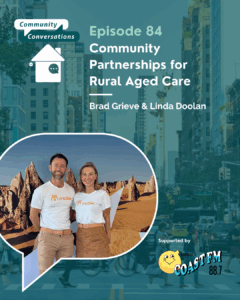
Where to Listen
Be sure to listen via Spotify, Apple Podcasts or the web player, weekly and follow our socials to stay notified as each episode is released.
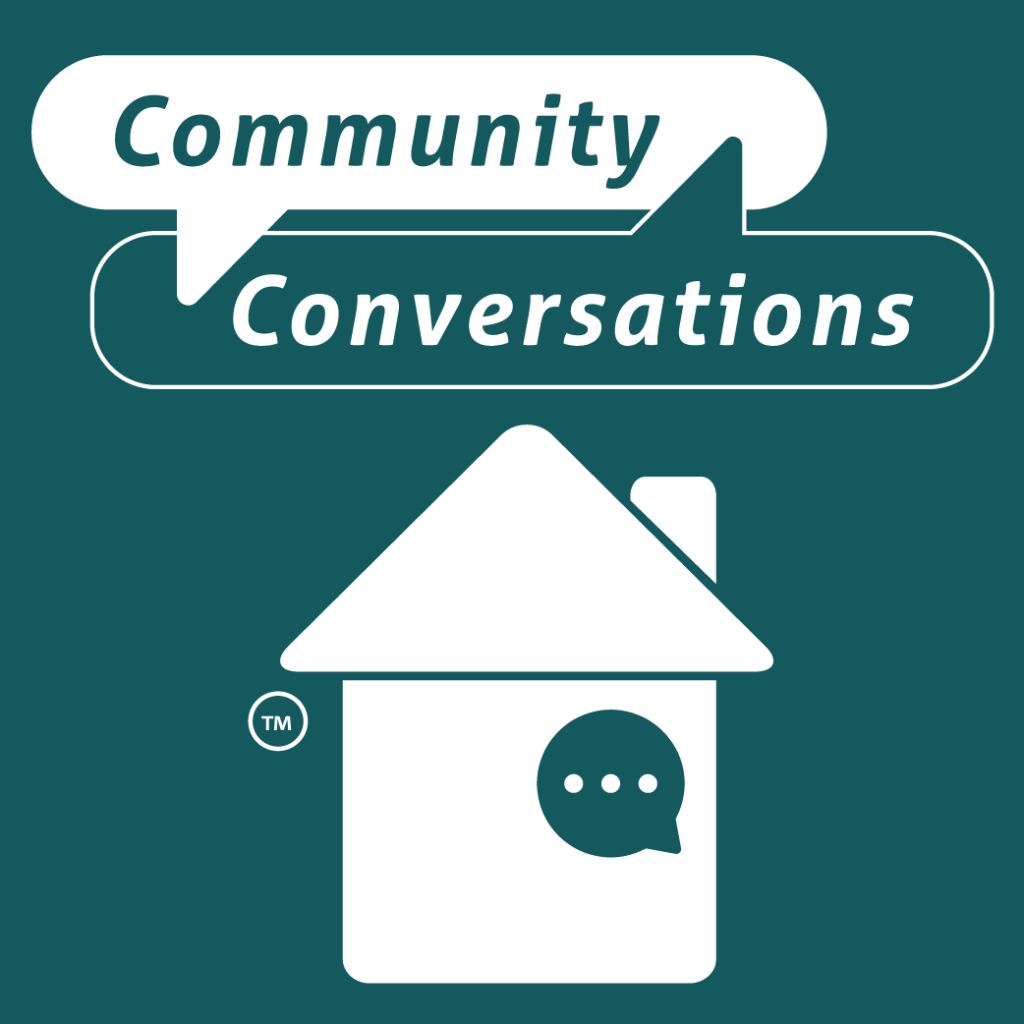
About the Podcast
The Community Conversations Podcast will feature stories and information on community development efforts, the programs being run by our members and general community interest topics. Across the State of South Australia there are volunteers and staff helping our community members to find connections, access to food, housing and education in an environment that welcomes everyone to their doors. Community Centres are open for anyone and provide place based activities to enrich the lives of our community. We will be interviewing Community Centre members, community connection partners and community stakeholders who will share their experiences, activities and upcoming events.
The Podcast is aimed at highlighting the good work being done to make a difference at the grassroots level to address issues such as loneliness, homelessness, social injustice and how to improve wellbeing of our communities. Be sure to listen every week as we release each episode. The podcast will be easily accessible on our website and can be downloaded on your preferred podcast platforms.
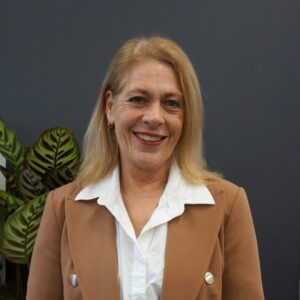
Meet the Host
Kerrie Akkermans
Kerrie Akkermans, CEO of CCSA, is an avid supporter of the community sector. With years of experience as a broadcaster on FIVEaa, Kerrie has a natural ability to connect with guests and delve into their lived experiences and stories. Kerrie’s passion for supporting communities and sharing stories makes for an engaging and insightful listening experience.
Episodes
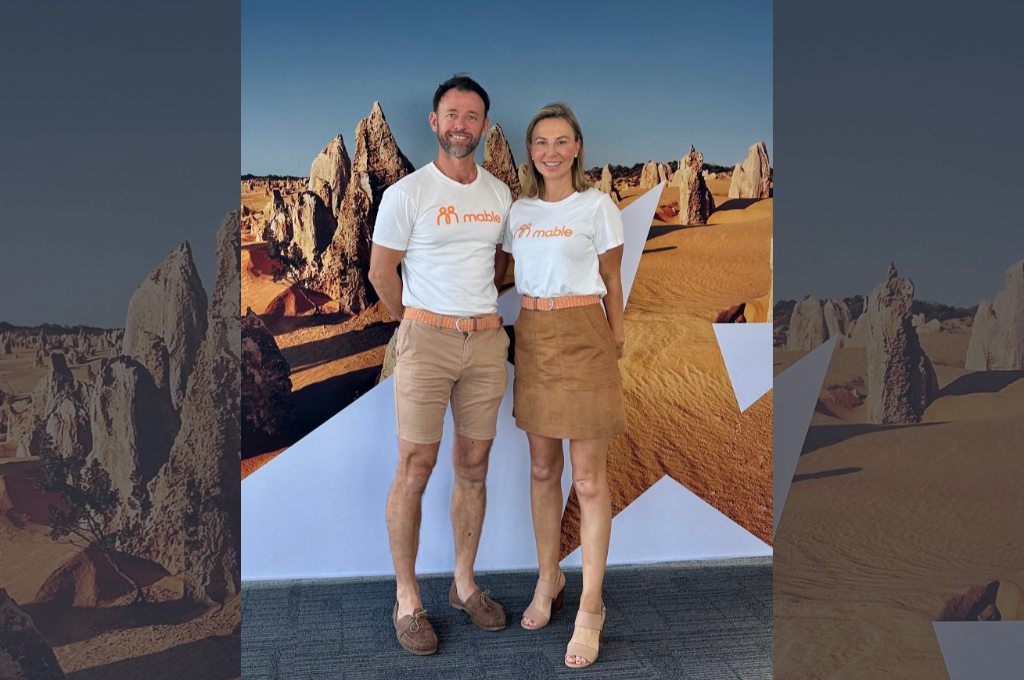
In today’s episode, we are joined by Brad Grieve and Linda Doolan from Mable. Mable operates a Community Partnerships program, a social enterprise model that connects aged care providers, community organizations, and local support workers through an online platform. The program initially began in rural and remote areas of Australia before expanding to regional metro regions. Services offered include personal care, daily living support, transport, meal preparation, and social support. Community centers play a crucial role in the program by coordinating services between clients and providers. With over 100 community centers already involved nationally, the program aims to support community sustainability.
Both Brad and Linda are dedicated to helping older residents live at home while transforming what home care looks like in rural Australia. They work to make care accessible and create fulfilling work opportunities for locals. Having grown up in a small country town, Linda understands the challenges of accessing services and the power of locally-led solutions. She is passionate about building capacity in remote areas. Brad, meanwhile, understands people’s strong desire to remain in their local communities for as long as possible.
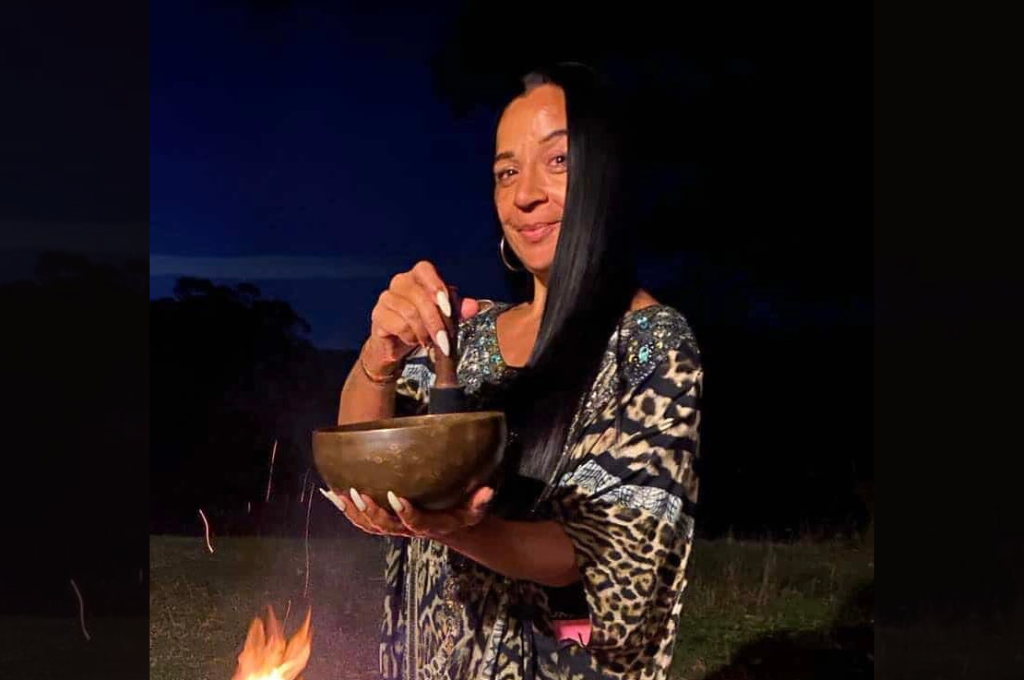
In this episode, we are joined by Tania Duff-Tytler, an expert in meditation and sound healing. Tania shares her journey into meditation, beginning when a friend invited her to a spiritualist church meditation class. After regularly attending Monday meditation sessions, she was eventually asked to lead these classes herself.
Throughout our conversation, Tania explains various meditation techniques including silent meditation, walking meditations, and sound healing. She emphasizes how quieting the mind promotes physical, mental, and emotional well-being by reducing stress hormones and activating the parasympathetic nervous system. Tania discusses the science behind meditation, noting research that shows regular practice can improve focus, memory, and even immune function.
She also explores how external stimuli affect our minds and bodies, from the impact of noise pollution to the influence of digital devices on our attention spans. Tania shares practical suggestions for creating meditative environments at home and work, including simple room arrangements, the use of natural elements, and establishing daily rituals. She provides accessible techniques that anyone can incorporate into their busy lives, even with just five minutes a day. The episode concludes with a special treat – a 10-minute sound healing session using crystal singing bowls, where Tania guides listeners through a relaxing experience designed to release tension and promote a sense of calm.
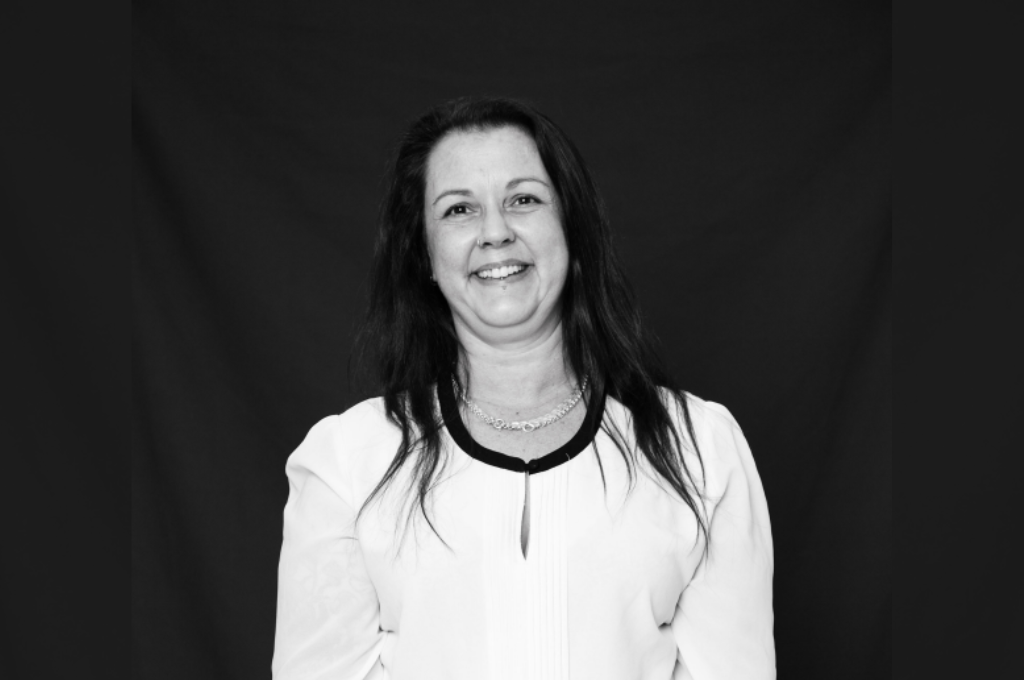
This week we are joined by Vanita Schwarz from Volunteering South Australia and the Northern Territory. Vanita’s career in volunteer management spans 20 years, beginning when she was just 16 years old. She has worked across local government and both small and large not-for-profit organizations before joining the state’s peak body for volunteering. With a passion for volunteer management, Vanita has witnessed how volunteering enhances community connections, facilitates learning, enriches student experiences, and can lead to future employment opportunities while building more resilient and happier communities.
Vanita discusses COVID’s significant impact on volunteering, highlighting how shutdowns led to community loneliness and social disconnection among volunteer-run programs. She explains the challenges of rebuilding volunteer programs post-pandemic, citing changes in people’s circumstances—such as returning to work and childcare issues—alongside increased compliance requirements as major barriers. Vanita explores effective recruitment strategies including social media, word of mouth, and networking. She also emphasizes the importance of adapting volunteer roles to current community needs and suggests the concept of the term “volunteer” being redefined.
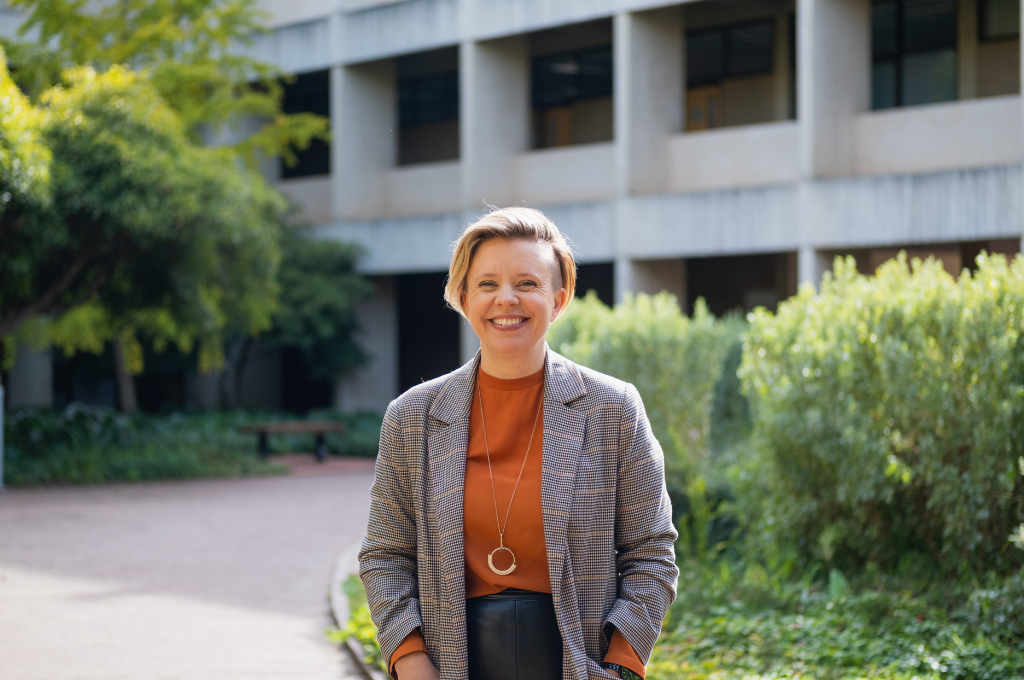
In this week’s episode, we are joined by Professor Lydia Woodyatt from the College of Education, Psychology and Social Work at Flinders University. Lydia is one of the developers of the Flinders Certificates in Mental Health and Wellbeing for Workplaces and Communities, where she also teaches. As a social psychologist, she is a multi-award-winning teacher and public speaker, and co-created the highly successful online course “The Psychology of Surviving and Thriving,” which focuses on developing wellbeing and self-management skills.
Professor Woodyatt discusses the growing mental health challenges facing community centers, highlighting societal issues like cost of living pressures, loneliness, and discrimination as key contributing factors. She emphasizes the need for triage systems and support programs as community centers continue to address these challenges. Lydia introduces a program she co-designed with industry partners that equips frontline workers with essential mental health skills, covering topics such as personal wellbeing, supporting others, and leading organizational wellbeing. She stresses the importance of understanding professional boundaries, maintaining psychosocial safety, and addressing basic psychological needs to improve community mental health.

This week we are joined by Stephen Sverchek, Executive Manager of Innovation and Impact at Youth Opportunities. Stephen’s career has spanned four continents where he has contributed to education, community development, and youth empowerment initiatives. With over a decade of experience, Stephen leads strategic initiatives aimed at enhancing youth agency, building personal leadership skills, and strengthening communities nationwide. His approach is grounded in collective impact, co-design with young people, and cross-sector collaboration to ensure sustainable change.
Stephen discusses the youth participation framework developed to engage young people in community centers. This framework formalizes youth engagement, involving young people in both service design and delivery. He highlights the need for open spaces and partnerships to attract youth to community centers, while also noting the success of digital tools and the importance of face-to-face interactions. Stephen also discusses Youth Opportunities programs that focus on social-emotional learning, enterprise skills, and mental health—all leading to increased confidence and better school engagement.
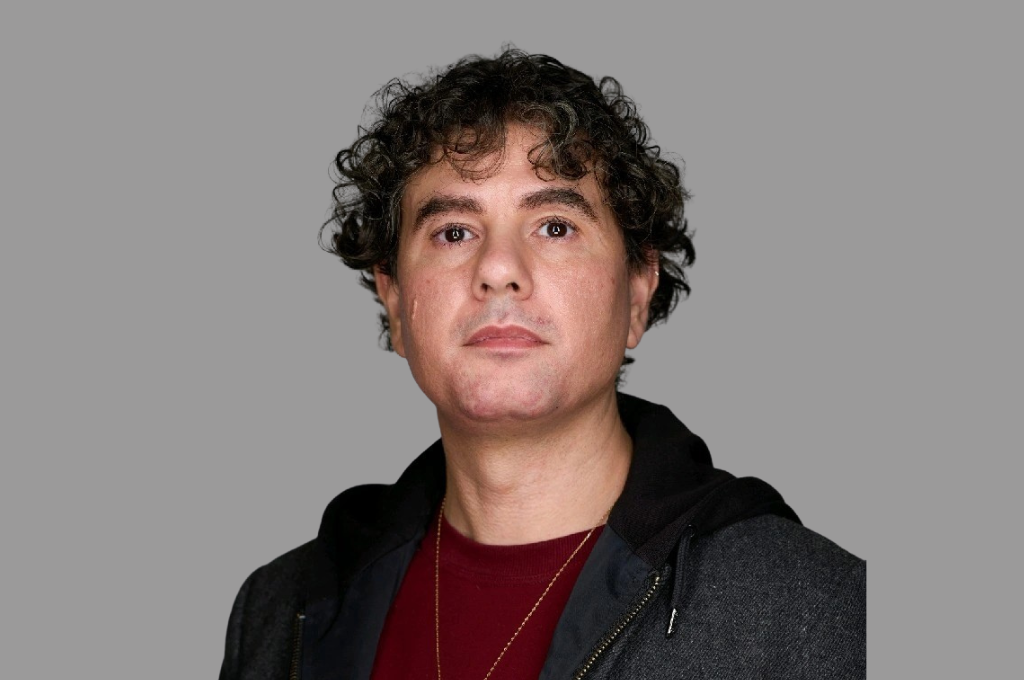
This week we are joined by Nicholas Michalakis, the Owner and Operator of Tweak IT. Tweak IT is a locally owned tech support service focused on delivering smart, accessible, and reliable IT solutions for homes, individuals, and small office environments. With over 20 years of industry experience, they combine deep technical knowledge with a modern customer-first approach that emphasizes personalized solutions tailored to each client’s specific needs.
Nicholas discusses essential cybersecurity tips for community centers, emphasizing the importance of high-level security measures like endpoint security hardware and multi-factor authentication. He details how these measures can prevent unauthorized access and protect sensitive community data. He highlights the need for regular software and firmware updates to patch security vulnerabilities, and implementing comprehensive network policies to block malicious activities before they can compromise systems. Nicholas strongly advises against relying solely on generic antivirus software, explaining why these solutions often fail to protect against sophisticated modern threats. Additionally, he stresses the importance of continually educating staff and volunteers about safe online practices, recognizing sophisticated phishing scams, creating strong passwords, and maintaining general cybersecurity knowledge as the first line of defense to protect centers and their staff from increasingly common cyber attacks.
Contact Us
Send us your feedback, ideas for future episodes or contact our team if you would like to be a guest on the podcast.
info@communitycentressa.asn.au


